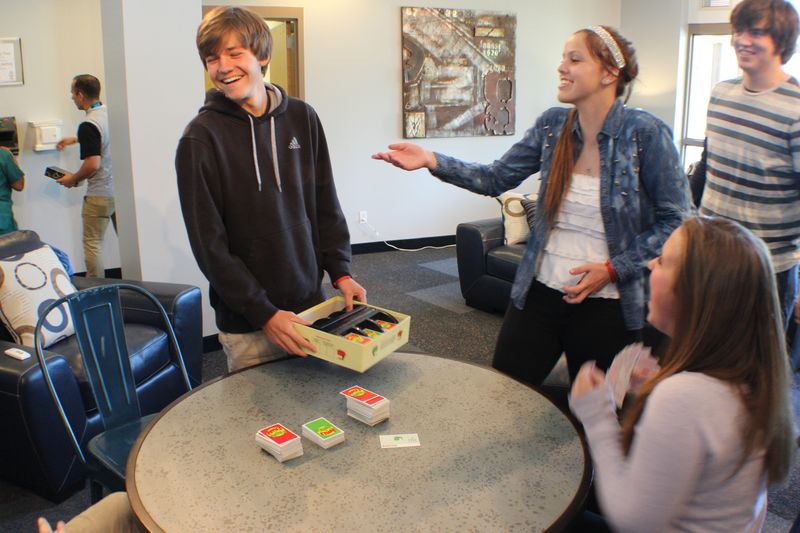
The Role of Therapy and Counseling in Teen Residential Treatment Programs
Essential parts of teen residential treatment programs, therapy, and counseling give young people the tools and direction they need to negotiate emotional, behavioral, and mental health issues. These programs offer a disciplined setting where counseling and therapy cooperate to solve underlying causes of problems, build resilience, and advance long-lasting transformation. A teen residential treatment center can play a crucial role in this process by providing a structured environment that fosters emotional growth and healing.
Enhancing Emotional Awareness and Regulation
Helping teenagers recognize and interpret their emotions is one of therapy and counseling’s main objectives in residential treatment. Many teenagers struggle with expressing their emotions, which causes dissatisfaction or maladaptive actions. By means of individual therapy sessions, teenagers learn to identify emotional triggers and create self-regulating plans. Mindfulness, cognitive-behavioral approaches, and other evidence-based techniques abound in counseling sessions to provide teenagers with tools for properly controlling negative emotions and stress.
Addressing Underlying Trauma and Challenges
Teenagers who have gone through trauma or major life events are sometimes catered to by residential treatment programs. Under the direction of qualified experts, therapy offers a safe environment for exploration and processing of traumatic events. Counselors assist teenagers in facing unsolved problems, realizing their influence, and pursuing recovery, whether via talk therapy, art therapy, or other specific techniques.

Fostering Peer Support and Community Connection
Residential treatment depends much on group counseling sessions, which provide teenagers the chance to interact with peers dealing with similar issues. These meetings help to build mutual understanding and a community, therefore lessening loneliness. Peer interactions help to build empathy, improve communication abilities, and give a forum for sharing experiences in a supportive environment. Teenagers’ trust-building and learning of the value of good relationships are aided by the cooperative surroundings.
Developing Life Skills for Long-Term Success
In residential programs, therapy and counseling stress arming teenagers with useful life skills, transcending simple emotional or behavioral problems. These abilities—problem-solving, conflict resolution, and decision-making—are vital for negotiating the complexity of life beyond therapy. Working with teenagers, counselors help them to recognize their own abilities and create reasonable objectives, therefore preparing the foundation for a more confident and autonomous future.
Effective teen residential treatment center programs center on therapy and counseling, which address psychological and emotional issues while encouraging development and resiliency. These treatments enable teenagers to overcome obstacles, adopt better behaviors, and lay a basis for a better future by offering a disciplined and encouraging surrounding. Residential programs change young people’s lives by means of focused therapy approaches and caring care.

